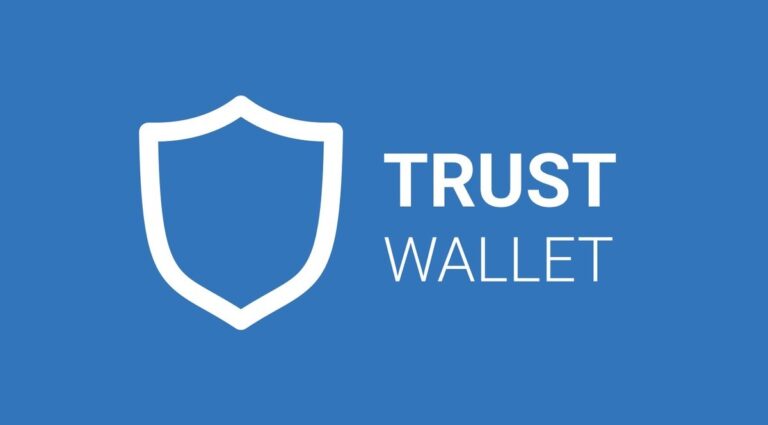Cryptocurrency Recovery: How to Retrieve Lost or Stolen Crypto (2025 Guide)
A Comprehensive Dive into Cryptocurrency Recovery: How to Retrieve Lost or Stolen Funds
Introduction

Cryptocurrency has revolutionized finance, offering decentralization, security, and anonymity. However, these same features make recovering lost or stolen crypto a significant challenge. Whether due to forgotten passwords, phishing scams, or exchange hacks, millions of dollars in digital assets are lost every year.
This guide explores cryptocurrency recovery in depth—covering common causes of loss, recovery methods, preventive measures, and when to seek professional help.
Why Cryptocurrency Recovery is Difficult

Unlike traditional banking, cryptocurrency transactions are irreversible. Once funds are sent to the wrong address or stolen, recovery is not guaranteed. Key reasons include:
Decentralization: No central authority (like a bank) can reverse transactions.
Anonymity: Blockchain addresses are pseudonymous, making tracing difficult.
Immutable Ledger: Transactions cannot be altered once confirmed.
Private Key Dependency: Losing access to your private keys means losing funds permanently.
Common Causes of Cryptocurrency Loss
Understanding how crypto is lost helps in prevention and recovery:
1. Lost Private Keys or Seed Phrases
– Private keys and seed phrases grant access to wallets. If lost or forgotten, recovery is nearly impossible without backups.
2. Phishing & Scams
– Fraudulent websites, fake support agents, and Ponzi schemes trick users into revealing sensitive information.
3. Exchange Hacks
– Centralized exchanges (e.g., Mt. Gox, FTX) are vulnerable to cyberattacks, leading to massive fund losses.
4. Sent to Wrong Address
– Crypto transactions are irreversible; sending funds to an incorrect address often means permanent loss.
5. Hardware Wallet Failures
– If a hardware wallet is damaged or lost without a backup, funds may be inaccessible.
6. Rug Pulls & Exit Scams
– Fraudulent developers abandon projects after collecting investor funds, leaving no recourse for victims.
Can Lost Cryptocurrency Be Recovered?
While difficult, some methods may help recover lost or stolen crypto:
1. Self-Recovery Methods
– Check Backup Files: Look for old wallet backups (e.g., `.dat` files for Bitcoin Core).
– Try Password Recovery Tools: Tools like **BTCRecover** help brute-force forgotten passwords.
– Use Mnemonic Phrase Variations: If you have a partial seed phrase, tools like Seed Savior can help.
2. Contacting the Recipient (If Sent to Wrong Address)
– If you sent funds to a known person or exchange, contact their support immediately. Some may refund mistaken transactions.
3. Reporting to Authorities
– IC3 (FBI’s Cybercrime Division): For large thefts.
– Local Law Enforcement: Some countries have cybercrime units that track crypto fraud.
– Chainalysis & CipherTrace: Blockchain forensics firms assist in tracking stolen funds.
4. Hiring a Crypto Recovery Service
– Legitimate Services: Firms like Wallet Recovery Services and KeychainX specialize in wallet recovery.
– Caution: Avoid scams—never share private keys with untrusted parties.
5. Legal Action
– If stolen via an exchange hack or scam, lawsuits may help (e.g., Mt. Gox creditors received partial repayments).
How to Prevent Cryptocurrency Loss
Prevention is the best strategy:

Secure Your Private Keys & Seed Phrases
– Use hardware wallets (Ledger, Trezor).
– Store backups offline (metal plates, encrypted USB).
– Never store keys digitally in plaintext.
Enable Multi-Factor Authentication (MFA)
– Use Google Authenticator or a YubiKey for exchange accounts.
Verify Addresses Before Sending
– Always double-check recipient addresses (first/last characters).
Beware of Phishing Scams
– Bookmark official exchange websites.
– Never share private keys or OTPs.
Use Decentralized Wallets
– Avoid keeping large sums on exchanges.
Keep Software Updated
– Ensure wallets and devices have the latest security patches.
When to Seek Professional Help
Consider professional recovery services if:
– You’ve lost access to a wallet with significant funds.
– Your exchange account was hacked.
– You’ve fallen victim to a sophisticated scam.
Warning: Avoid “guaranteed recovery” scams—legitimate services charge only after success.
Conclusion

Cryptocurrency recovery is complex but not always impossible. By understanding common loss scenarios, utilizing recovery tools, and adopting preventive measures, you can minimize risks. If all else fails, professional recovery services may offer a last resort—but always proceed with caution. However if you find all these processes listed above as herculean or stressful we at cyberquantumx would be more than glad to help you recover your stolen cryptocurrency.
Have you ever lost crypto? Share your experience in the comments!








